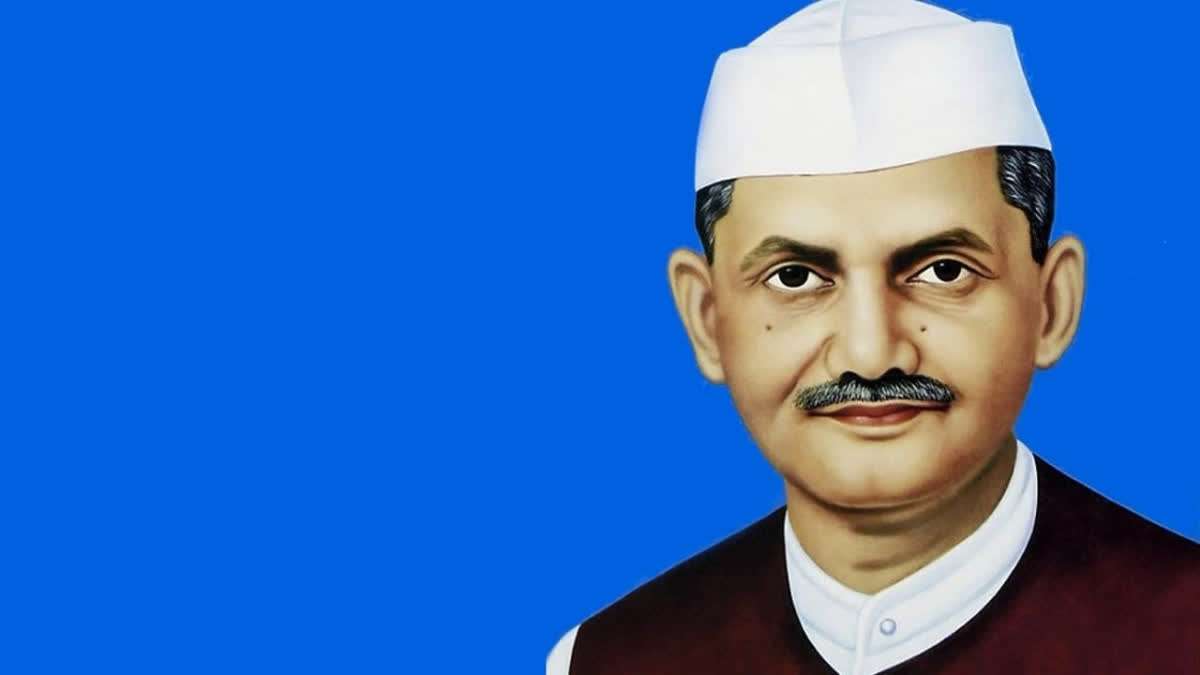
On October 2, 1904, Lal Bahadur Shastri was born in Mughalsarai, Uttar Pradesh. As a leader who stood out for the interests of their fellow countrymen, Shastri was instrumental in the Indian independence movement and succeeded Jawaharlal Nehru as prime minister.
His participation in key nationalist campaigns included:
- The Non-Cooperation Movement (1921)
- The Civil Disobedience Movement (1930)
- The Quit India Movement (1942)
He is best known for leading during the 1965 Indo-Pak War and popularising the slogan “Jai Jawan, Jai Kisan”. His untimely death in 1966, under strange circumstances in Tashkent, is still up for investigation.
What makes Shastri Jayanti significant and relevant is the commemoration and celebration of Lal Bahadur Shastri’s honesty, simplicity, and nationalism. His acts, especially during wartime, demonstrated his unwavering commitment to preserving India’s security and sovereignty. He was well-known for his uncorrupt, modest style of leadership.
Major Developments During His Prime Ministership:
- The White Revolution: He formed the National Dairy Development Board and launched Operation Flood, transforming India into the world’s largest milk producer.
- Indo-Pak War of 1965: Stepping into the role of Prime Minister, he led India during the Indo-Pak War of 1965, and coined the slogan “Jai Jawan, Jai Kisan” firmly upholding India’s solidarity.
- The Green Revolution: Shastri promoted the Green Revolution to increase food production in India. He formulated policies that laid the foundation for India’s Green Revolution and also encouraged citizens to skip a meal once a week.
- Non-Cooperation and Quit India Movement: He joined the Non-Cooperation Movement and later actively led the Quit India Movement. During both these phases, he was sent behind bars multiple times but nothing could pull back his indomitable spirit.
Quotes by Lal Bahadur Shastri
- “We would consider it our moral duty to lend all support to the ending of colonialism and imperialism so that people everywhere are free to mould their destinies.”
- “The unique thing about our country is that we have Hindus, Muslims, Christians, Sikhs, Parsis, and people of all other religions. We have temples and mosques, gurdwaras and churches. But we do not bring all this into politics… This is the difference between India and Pakistan.”
- “There comes a time in the life of every nation when it stands at the crossroads of history and must choose which way to go. But for us there need be no difficulty or hesitation, no looking to right or left. Our way is straight and clear – the building up of a socialist democracy at home with freedom and prosperity for all, and the maintenance of world peace and friendship with all nations.”
- I had always been feeling uncomfortable in my mind about giving advice to others and not acting upon it myself.
- If Pakistan has any ideas of annexing any part of our territories by force, she should think afresh. I want to state categorically that force will be met with force and aggression against us will never be allowed to succeed.
- India will have to hang down her head in shame if even one person is left who is said in any way to be untouchable.
- “Perhaps due to my being small in size and soft of tongue, people are apt to believe that I am not able to be very firm. Though not physically strong, I think I am internally not so weak.”
Shastri’s straightforward, approachable, and honest administrative approach is still a model for efficient government. His ability to relate to people from all walks of life while making difficult political and social decisions is reflective of his empathy and strong leadership.
Several events honouring his achievements are organised on this day. Programmes, talks, and debates on his leadership and policies are arranged by political organisations, government agencies, and educational institutions. All over the country, his statues are decorated with garlands, showing people’s unwavering love and respect for him.





